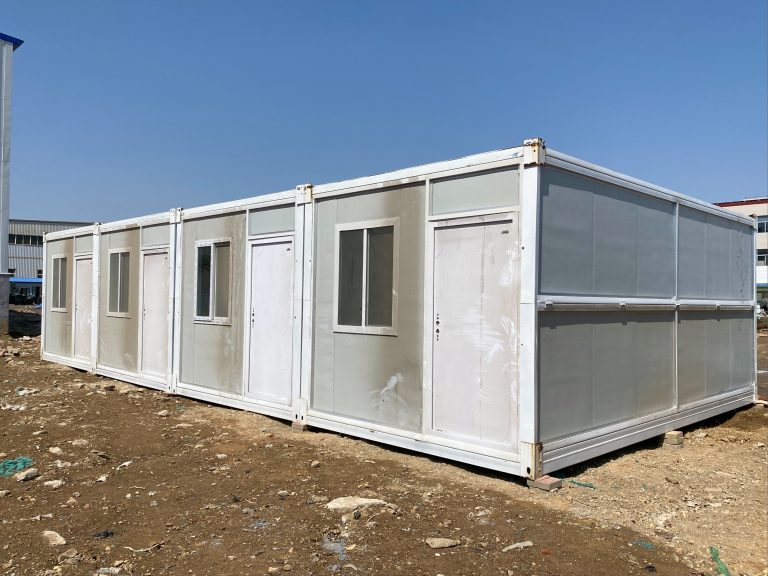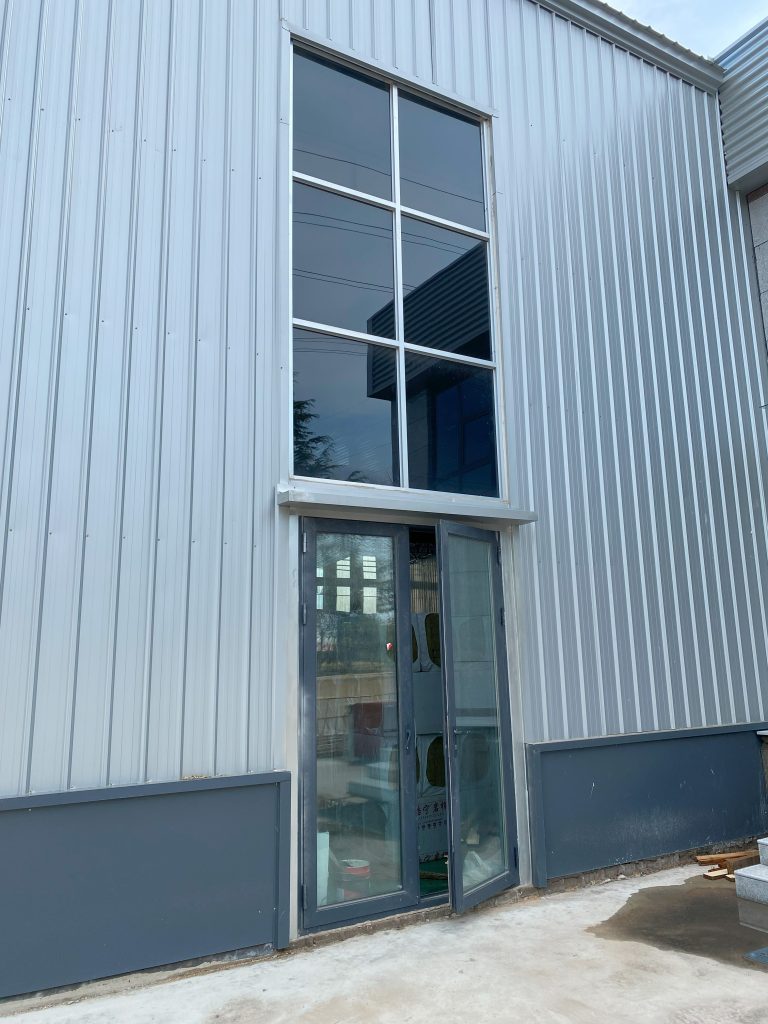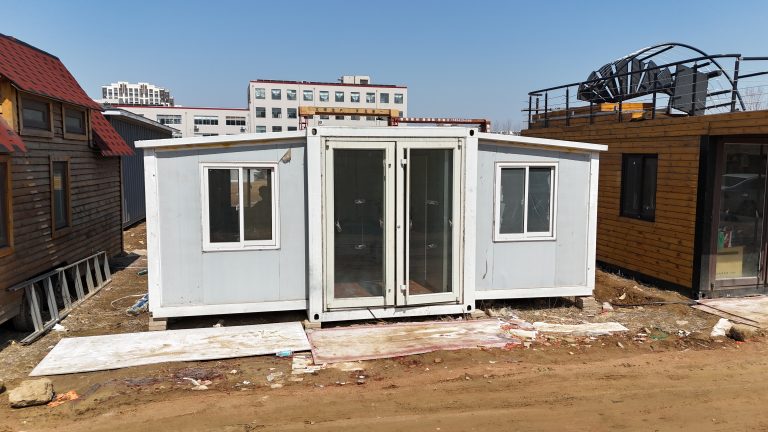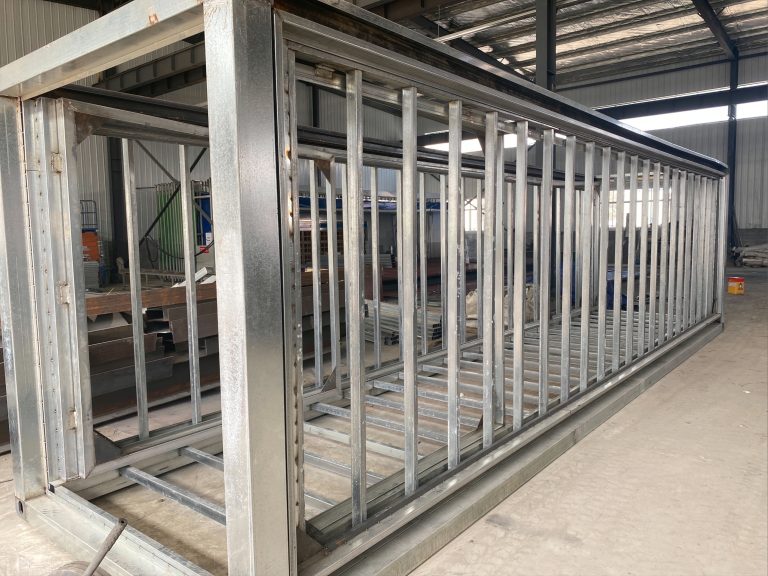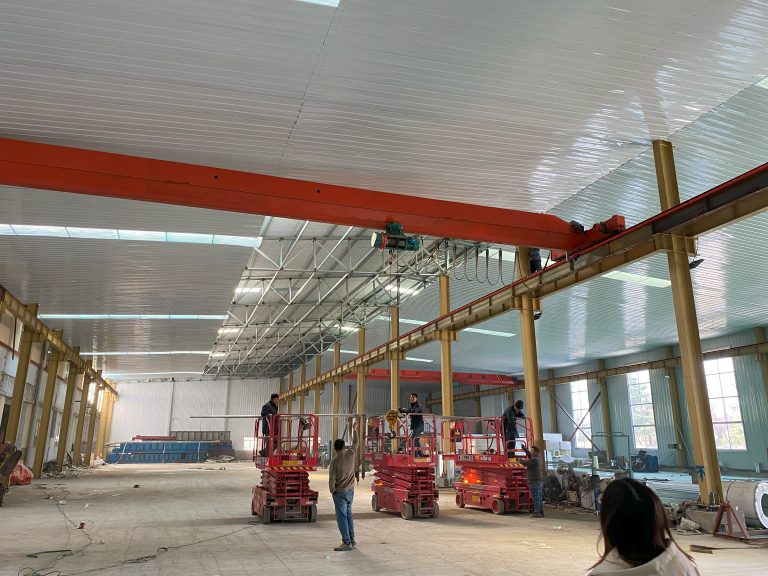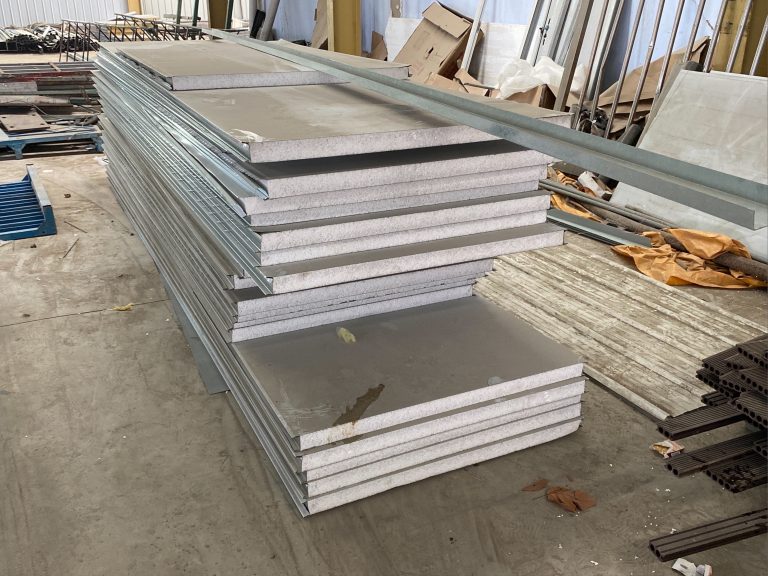What are the advantages and characteristics of mineral wool board?
Table of Contents
Energy Efficiency Benefits of Mineral Wool Board
Mineral wool board is a popular insulation material that offers a range of advantages for energy efficiency in buildings. This type of insulation is made from natural rock materials, such as basalt or diabase, which are melted down and spun into fibers. These fibers are then compressed into boards or batts that can be easily installed in walls, ceilings, and floors.
One of the key advantages of mineral wool board is its high thermal resistance, which helps to reduce heat loss and improve energy efficiency in buildings. This insulation material has a low thermal conductivity, meaning it is able to effectively trap heat and prevent it from escaping through walls and ceilings. This can help to reduce heating and cooling costs, as buildings will require less energy to maintain a comfortable temperature.
In addition to its thermal resistance, mineral wool board also offers excellent sound insulation properties. The dense fibers of this material help to absorb sound waves and reduce noise transmission between rooms. This can be particularly beneficial in commercial buildings or multi-family residences, where noise control is important for occupant comfort.
Another advantage of mineral wool board is its fire resistance. This insulation material is non-combustible, meaning it will not contribute to the spread of flames in the event of a fire. This can help to improve the overall safety of a building and provide valuable time for occupants to evacuate in case of an emergency.
Mineral wool board is also resistant to mold, mildew, and pests, making it a durable and long-lasting insulation option. This can help to extend the lifespan of a building and reduce the need for maintenance and replacement over time. Additionally, mineral wool board is environmentally friendly, as it is made from natural materials and can be recycled at the end of its life cycle.
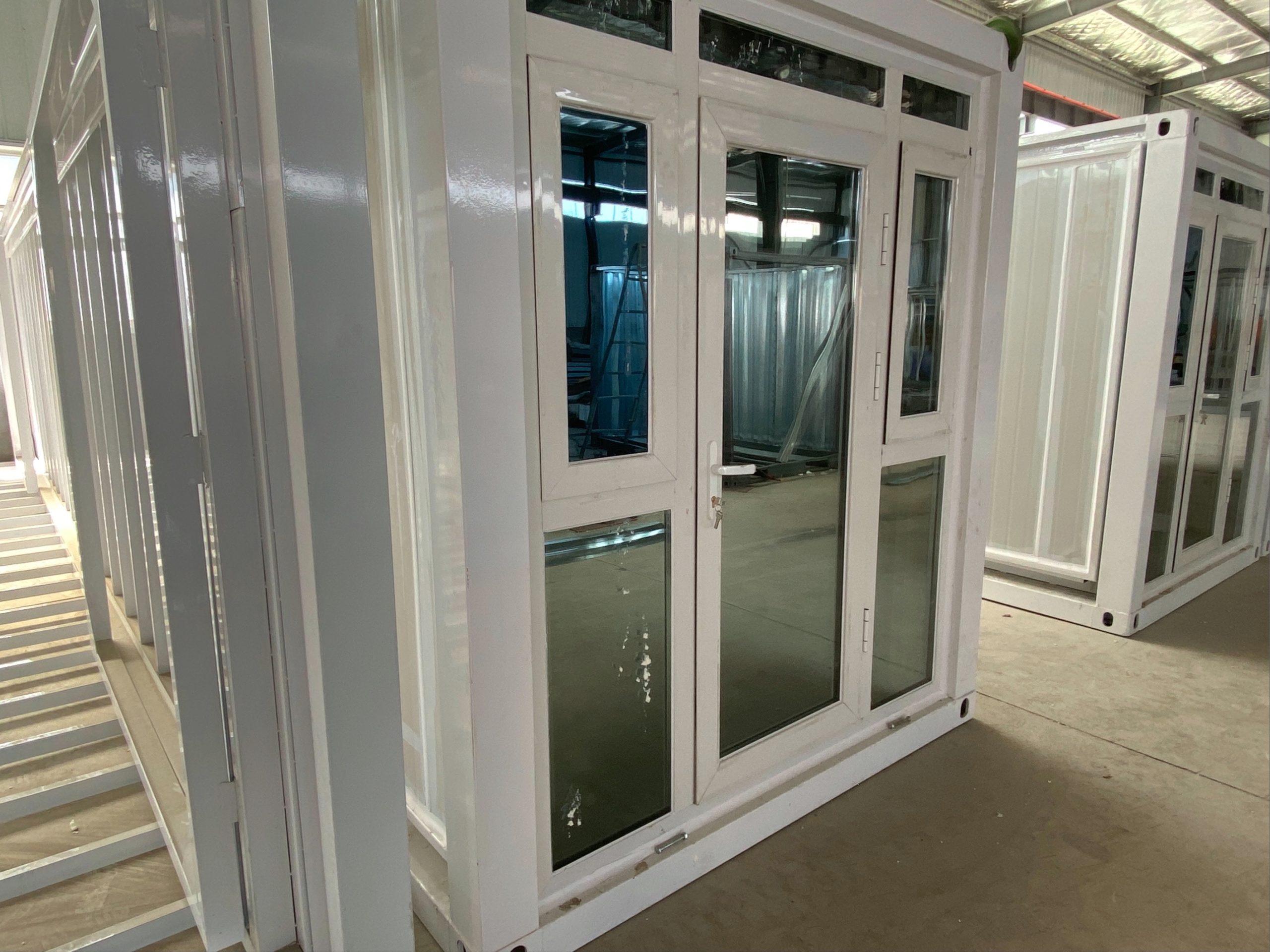
Overall, mineral wool board offers a range of advantages for energy efficiency in buildings, including high thermal resistance, sound insulation properties, fire resistance, and durability. These characteristics make it a popular choice for architects, builders, and homeowners looking to improve the performance of their buildings while reducing energy costs and environmental impact.
In conclusion, mineral wool board is a versatile and effective insulation material that offers a range of benefits for energy efficiency in buildings. Its high thermal resistance, sound insulation properties, fire resistance, and durability make it a valuable choice for improving the performance and safety of a building. By choosing mineral wool board for insulation, building owners can enjoy lower energy costs, improved comfort, and peace of mind knowing that their building is well-protected against heat loss, noise transmission, and fire hazards.
Fire Resistance and Sound Absorption Properties of Mineral Wool Board
Mineral wool board is a versatile building material that offers a range of advantages, particularly in terms of fire resistance and sound absorption properties. This type of insulation is made from natural rock materials, such as basalt or diabase, which are melted down and spun into fibers. These fibers are then compressed into boards or batts that can be used in a variety of applications, from insulating walls and ceilings to soundproofing rooms.
One of the key advantages of mineral wool board is its exceptional fire resistance. Because it is made from inorganic materials, mineral wool is non-combustible and does not contribute to the spread of flames in the event of a fire. This makes it an ideal choice for use in buildings where fire safety is a top priority, such as schools, hospitals, and commercial properties. In fact, mineral wool board is often used in fire-rated assemblies to help contain the spread of fire and protect the structural integrity of a building.
In addition to its fire resistance, mineral wool board also offers excellent sound absorption properties. The dense fibers in mineral wool act as a barrier to sound waves, reducing noise transmission between rooms and creating a quieter, more comfortable environment. This makes mineral wool board an ideal choice for use in walls, ceilings, and floors where soundproofing is important, such as in recording studios, theaters, and office buildings.
Another advantage of mineral wool board is its thermal insulation properties. The dense fibers in mineral wool create a barrier to heat transfer, helping to keep buildings warm in the winter and cool in the summer. This can lead to significant energy savings and improved comfort for building occupants. In fact, mineral wool board is often used in energy-efficient buildings to help meet strict energy codes and reduce heating and cooling costs.
Mineral wool board is also a sustainable building material, as it is made from natural rock materials that are abundant and readily available. Unlike some other types of insulation, mineral wool is not made from petrochemicals or other non-renewable resources, making it a more environmentally friendly choice. In addition, mineral wool is recyclable and can be reused or repurposed at the end of its life cycle, further reducing its environmental impact.
Overall, mineral wool board offers a range of advantages that make it an ideal choice for a variety of building applications. From its exceptional fire resistance and sound absorption properties to its thermal insulation and sustainability, mineral wool board is a versatile and effective building material that can help improve the safety, comfort, and energy efficiency of any building. Whether you are looking to enhance the fire safety of your home or create a quieter, more comfortable workspace, mineral wool board is a smart choice that delivers lasting benefits.

